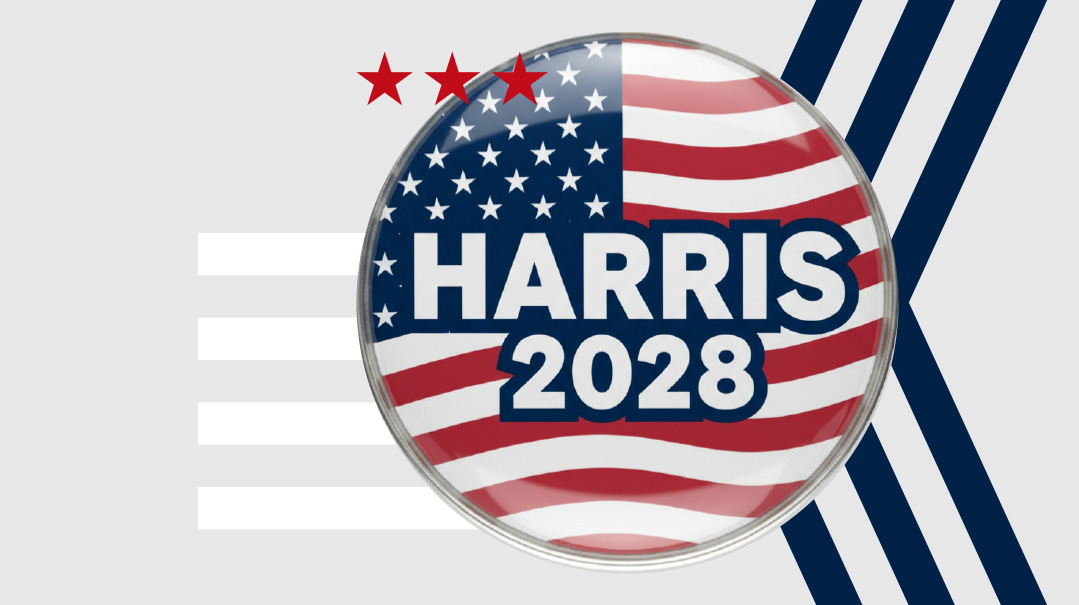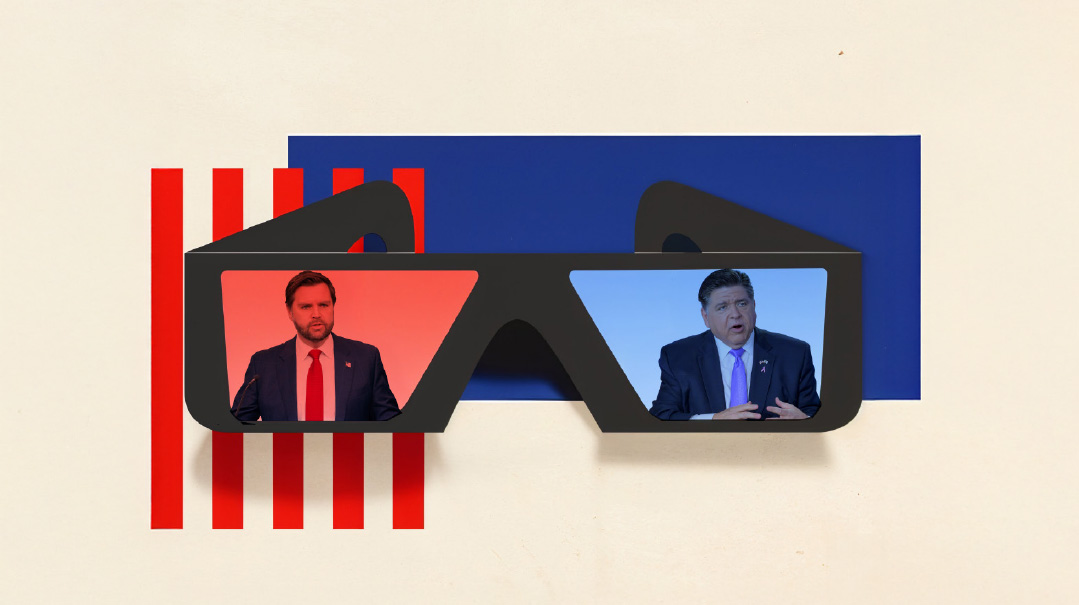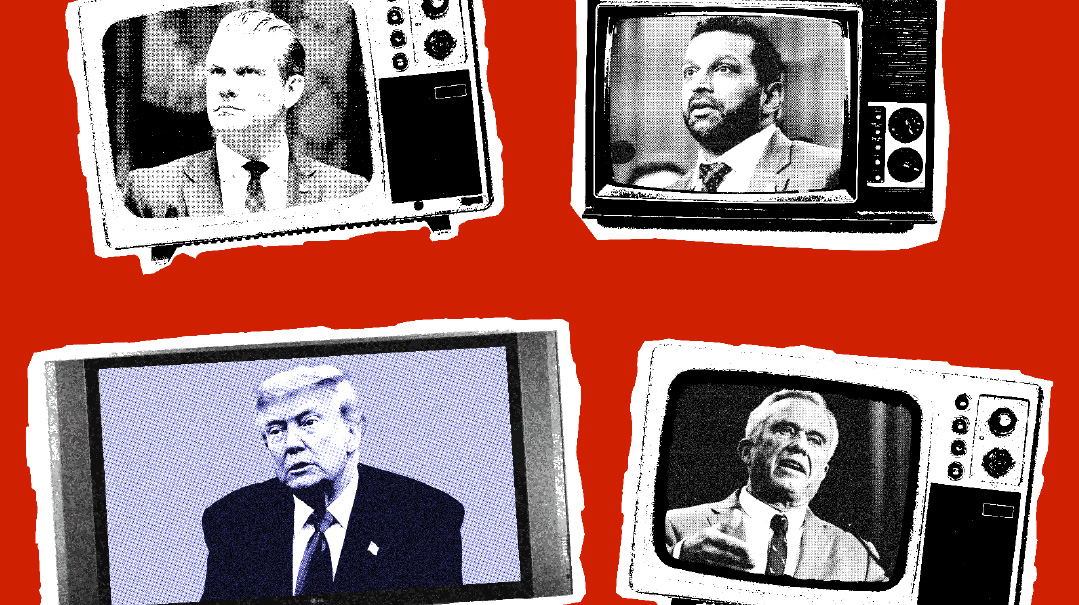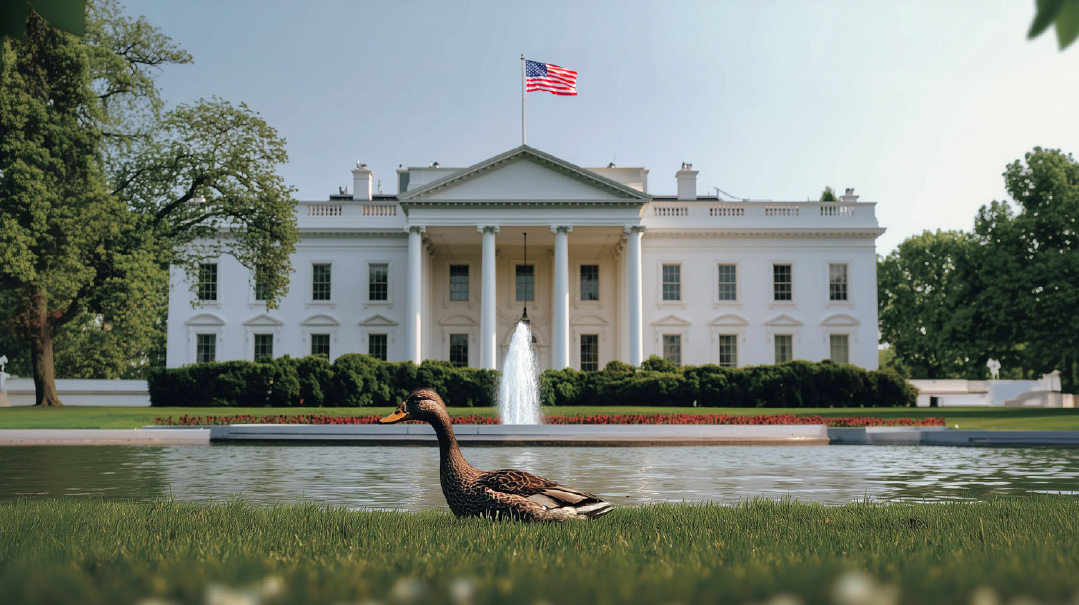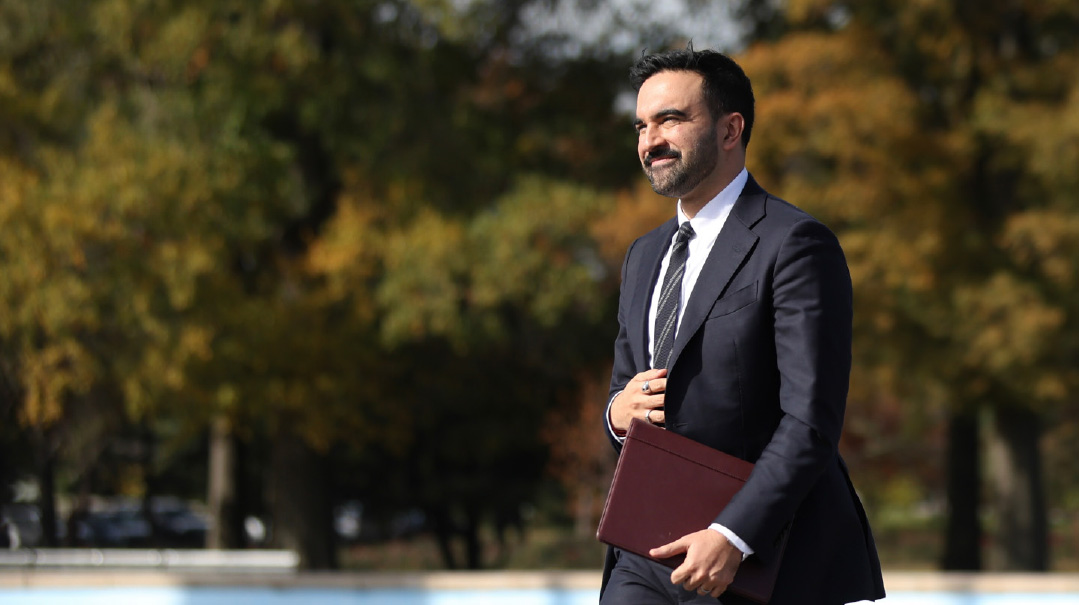Why 2024 Spells the End of the Squad

The Squad is following in the tracks of other stalled American political movements
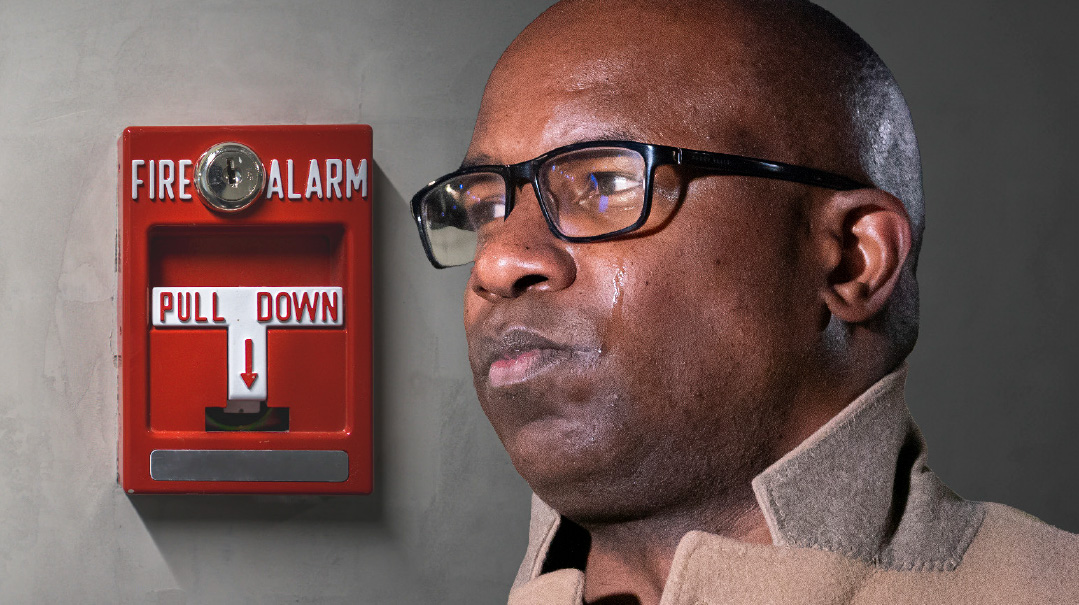
Photo: AP Images
Since 2018, the Squad has wreaked havoc on America’s political dialogue. Ideas that were never mainstream, such as a “green New Deal” and free college tuition for all, filtered into debates and even into public policy, largely thanks to this group of far-left House Democrats. Partisanship and anti-Israel vitriol are calling cards for many of them. But 2024 spells the beginning of the end of their movement.
The Squad came on the scene with the 2018 Democratic primary victory of Alexandria Ocasio-Cortez (AOC) over a powerful incumbent. AOC was joined by Representatives Ayanna Pressley (MA), Ilhan Omar (MN), and Rashida Tlaib (MI), and labeled themselves the “Squad” — a new movement of young progressives ready to take on the world, armed with eye-popping social media followings. In 2021, Cori Bush (MO) and Jamaal Bowman (NY) came on board. Other members joined subsequently in 2023, and many others have affiliated with the movement.
There is no mistaking the Squad’s influence. They have pushed the Democratic Party hard to the left. They have inspired many young Democrats to join their cause. They have changed the nature of politic messaging for an entire generation. But they have the same Achilles heel that has stopped so many other movements in their tracks —a growing constituency.
Political movements in America are different entities from political parties. America’s two parties, the Democrats and the Republicans, each have voting constituencies, household names, and organizations that shepherd their candidates to elected office. A political movement, on the other hand, is a civic reaction to a particular idea that ebbs and flows depending on the strength of the opposition and the ability to form a constituency around that idea.
The Squad was (past tense) a direct reaction to the election of Donald Trump and a Covid regime that only benefited their social media reach. But without the factors that energized their supporters, they are fading from the forefront of American politics. Now the Squad is following in the tracks of other stalled American political movements.
Remember the Tea Party? At its height, the Tea Party commanded far more support than the Squad. It elected dozens of members to Congress in the 2010 midterms on a platform of lowering taxes and government spending. They were galvanized by opposition to Barack Obama.
When is the last time you heard about the Tea Party? Without a clear opponent and a fired-up constituency, the movement began to ebb and then faded away.
Obama’s predecessor, George W. Bush, initiated a war on Iraq and in so doing inadvertently created an intense opposition movement. A movement was organized, and political candidates based their campaigns on opposition to the Iraq War. But when Bush was no longer president, it disappeared. It went into the dustbin of history, following other defunct movements like “Occupy Wall Street” and the “Know Nothings.” Soon the Squad will join that list.
The Squad is at its heart an extension of the Democratic Socialists of America (DSA). Most of the Squad members are either members of or somehow affiliated with the DSA.
Context is everything in politics. The DSA saw its membership increase 15-fold from 2015 to 2021, from 6,200 after Bernie Sanders’s 2016 presidential campaign to its peak of 95,000 just after Biden’s election. It has since fallen to around 80,000.
The glue holding together these socialists and Squad members was their opposition to Donald Trump. This is what energized them and helped them grow their base. But with Trump no longer in office, the enthusiasm for the Squad has begun to fade, and their constituents are not enough to maintain their momentum.
Some may argue that a Trump return will revive this group, but the political environment in 2024 is far different from that of 2016. Eight years ago, the Squad was uniquely positioned to confront Trump’s mastery of social media with their own. Now the entire Democratic Party is trained and motivated to tackle Trump, and many of the Squad’s tactics that were once unique and fashionable are now routine and even passé.
Now Squad members Cori Bush and Jamal Bowman find themselves in serious trouble. Both face increased media scrutiny, as well as serious primary challengers in their districts in St. Louis and Westchester County, respectively, neither a bastion of socialist support. This is what happens to movements when the hype fades. Without Trump in the White House, they instead have Biden, which forces their ideas to stand on their own, and they are wobbly at best.
Although the Squad may still be gaining followers on social media, that doesn’t necessarily translate into voters in their Congressional districts. The 2024 election is beginning to look like a lose-lose proposition for them. Joe Biden is a moderate mainstream Democrat, and if he somehow wins, elected officials up and down the ballot will tie their success to him — not to the Squad. And if Biden loses, the Squad will still suffer. Another movement will pop up, as it always does, and organize around whichever issue is riling up its supporters. They will steal the Squad’s thunder.
Yes, the Squad may still have some influence on Democratic politics, just as the Tea Party still does on Republican politics. But their best days as a movement that can get voters to polls and drive policy are beginning to move behind them, to the past and not to the future. And in politics, the future is where battles are won.
Nevada Jews, Take Note
I had the privilege last week of attending the chanukas habayis of Yeshiva Day School of Las Vegas. It was a wonderful event full of simchah, and gave me the opportunity to ask the kehillah a critical question: What impact will they have on the 2024 presidential election?
Nevada is a swing state and will be critical in the next election. Although its six Electoral College votes seems small, in this close election, any swing state could determine which party takes power. It was the age-old call for getting out the vote, but this time around my audience agreed that Nevada’s growing Jewish population could make the difference in an election that is expected to have razor-thin margins.
Is Kamala Harris a Drag on the Ticket?
I have run into at least three different Democratic political operatives over the past month who have told me how worried they are about the VP slot. The consensus is that many constituencies in the Democratic base are not excited about Harris. They’re nervous that if age continues to be an issue for Biden, then Harris will be the factor that keeps Dem voters home. One wonders if the Trump campaign will take note that a box-ticking VP choice will come home to roost.
(Originally featured in Mishpacha, Issue 1005)
Oops! We could not locate your form.


